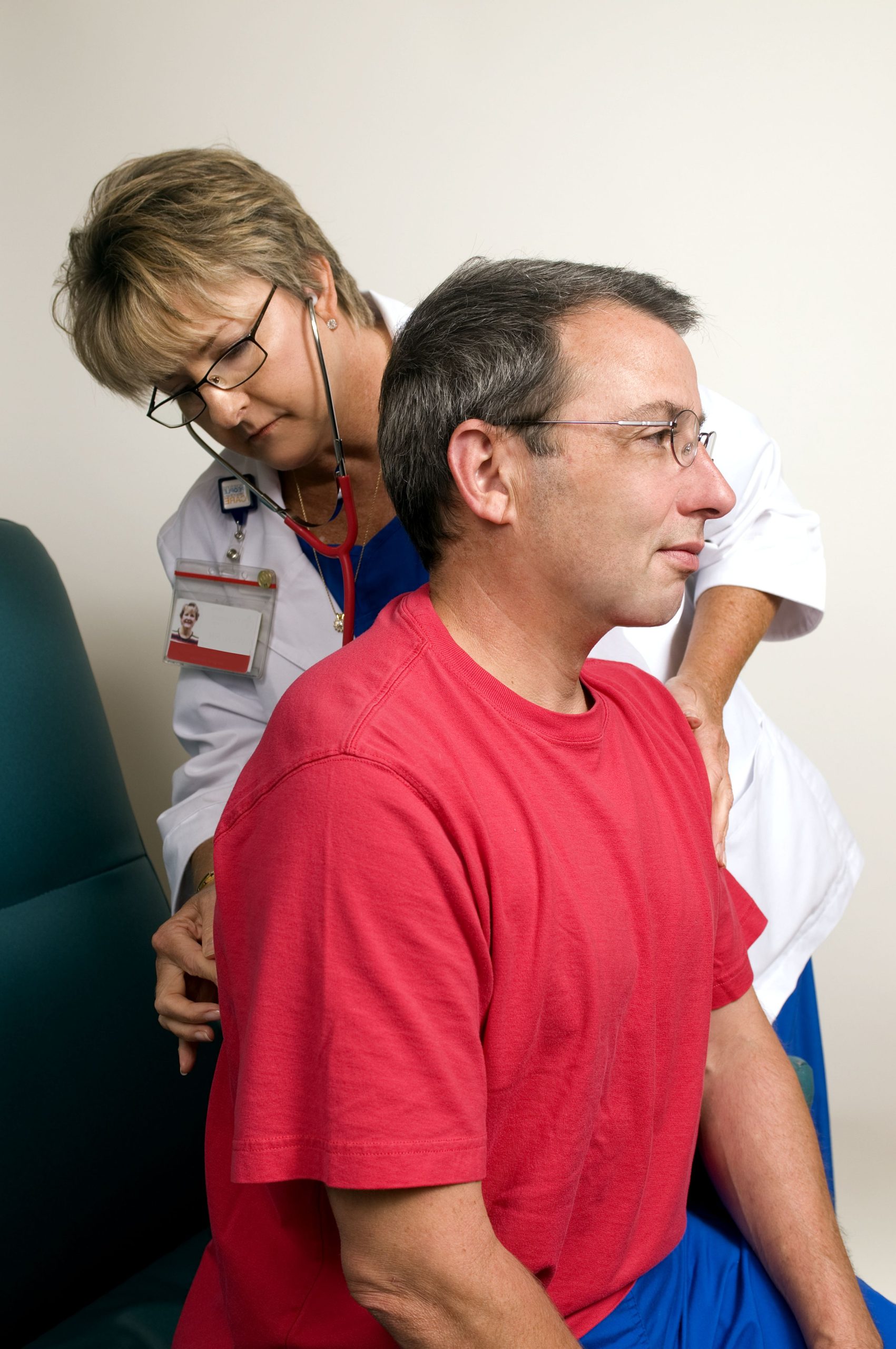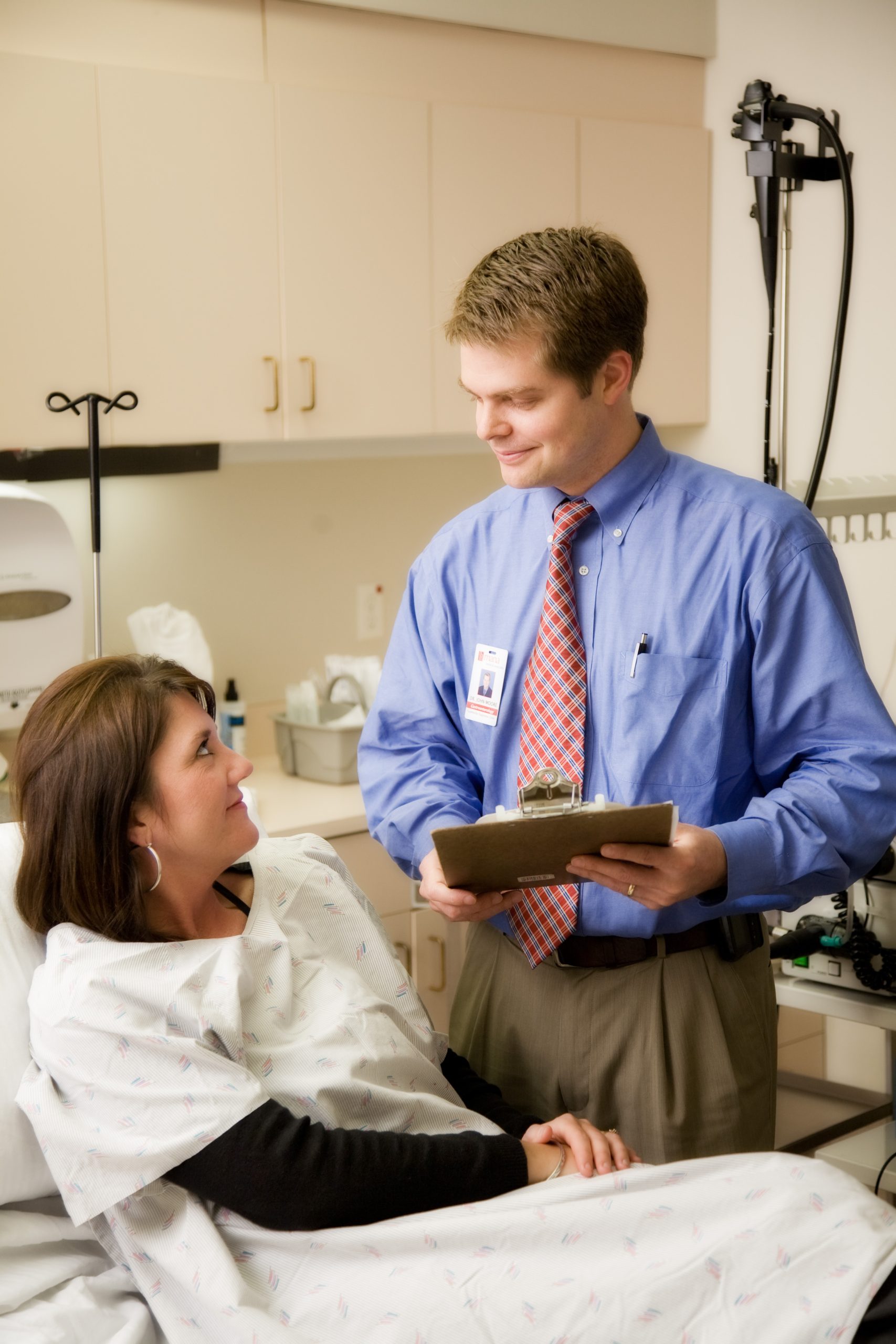Colorectal Cancer

What Is Colorectal Cancer And Its Symptoms?
Colorectal cancer is a type of cancer that affects the colon and rectum. The colon is the large intestine, while the rectum is the last part of the intestine.
Colorectal cancer often begins as a small growth, called a polyp, on the inner lining of the colon or rectum. These growths are usually benign, which means they are not cancerous. However, over time, some polyps can become cancerous.
Symptoms of colorectal cancer include bleeding from the rectum, blood in the stool, abdominal pain, and changes in bowel habits.
If you experience any of these symptoms, you must see a doctor for a diagnosis. Left untreated, colorectal cancer can be fatal. With early detection and treatment, however, the survival rate is high.


What Causes Colorectal Cancer
Colorectal cancer is the third most common cancer in the United States. It is a type of cancer that starts in the colon or the rectum. These are part of the large intestine. Most colorectal cancers are adenocarcinomas. This type of cancer begins in the cells that release mucus and other fluids.
Other types of colorectal cancer include carcinoid tumors, gastrointestinal stromal tumors (GISTs), lymphomas, and sarcomas. The cause of colorectal cancer is unknown, but several risk factors exist. They include age, family history, inflammatory bowel disease, genetic syndromes, and lifestyle choices such as diet and smoking.
The best way to prevent colorectal cancer is to get screened regularly starting at age 50. Screening can find precancerous polyps so they can be removed before becoming cancer. People with certain risk factors may need to begin screening younger. Talk to your doctor about when you should start screening.
How Is It Treated
Treatment for colorectal cancer depends on the stage of cancer and other factors. Treatment options include surgery, chemotherapy, radiation therapy, and targeted therapies. Surgery is often the first step in treatment and may involve removing some or all of the affected area.
Chemotherapy involves using drugs to kill cancer cells. Radiation therapy uses high-energy x-rays to destroy cancer cells. Targeted therapies are the newest form of treatment and work by blocking the growth and spread of cancer cells without harming healthy cells.
Depending on the type and stage of colorectal cancer, a combination of treatments may be necessary. Your doctor will discuss your treatment options with you.
What Are The Survival Rates For People With Colorectal Cancer
Someone who is diagnosed with colorectal cancer; may want to know what their outlook is. Survival rates give an idea of the percentage of people living for a certain period after a cancer diagnosis. The 5-year survival rate for colorectal cancer is 64%.
But keep in mind that many factors affect survival rates. For instance, the cancer stage when it’s diagnosed makes a big difference. The 5-year survival rate for colon cancer caught before it spreads is 90%. But, if it has spread to nearby tissues or organs and lymph nodes, the 5-year survival rate falls to 72%.
If it has spread to distant parts of the body, the 5-year survival rate is only 14%. Age is also an important factor in survival rates. People younger than 50 have a much better prognosis than those older than 50.
Gender also plays a role, with men having a slightly lower survival rate than women. These are just some of the things that can affect someone’s outlook. It’s important to remember that statistics are often averages based on large groups of people. They can’t predict exactly what will happen to any one person. Still, they give you a general idea about what to expect after a diagnosis of colorectal cancer.
How Can You Reduce Your Risk Of Getting Colorectal Cancer?
According to the American Cancer Society, colorectal cancer is the third most common cancer in men and women in the United States. Each year, there are about 140,000 new cases of colon cancer and almost 50,000 new cases of rectal cancer.
The good news is that there are several things you can do to reduce your risk of developing this disease. First, eating a healthy diet with plenty of fruits, vegetables, and whole grains is important. Studies have shown that diets rich in these foods can help to reduce the risk of colorectal cancer. In addition, it’s important to maintain a healthy weight and to exercise regularly.
Finally, if you’re over 50, you must get screened for colorectal cancer. While no one wants to hear that they may be at risk for cancer, taking these steps can significantly reduce your chances of developing this disease.

Who Should Get Screened For Colorectal Cancer
Colorectal cancer affects the large intestine (colon) and the rectum. It is the third most common type of cancer in men and women in the United States. Screening tests can find precancerous polyps so they can be removed before becoming cancer.
Screening tests can also find colorectal cancer at an early stage when it is small and has not spread to other body parts. This makes treatment easier and more likely to be successful. The U.S. Preventive Services Task Force (USPSTF) recommends that adults ages 50 to 75 get screened for colorectal cancer. There are several ways to be screened, including stool-based and imaging tests.
Talk with your doctor about the right test based on your risk factors and preferences. You may need to be screened more often if you have a family history of colorectal cancer or certain other conditions. People who have had colorectal cancer or precancerous polyps also need to be screened more often.